Many people, including myself, want to be helpful, although oftentimes we cannot help others directly because we don’t have the exact resources they need. The second best thing is to help connect people to the resources they need with those who have the resources to give.
Years ago, I went to a conference where the keynote speaker talked about how Oprah doesn’t promote herself, she promotes other people. She’s constantly uplifting and recommending other people. And in that way, she is a connector. That lesson has stuck with me. I’ve been able to build an extensive network in Seattle. It’s because I’m always just trying to connect people to the resources they need and to the people they should get to know.
I realize that I don’t need to be the center and have all the answers and provide all the resources myself if I can just be someone who helps connect people. When I ran a cross-sector fellowship, we focused on helping people learn how to be resource connectors. We asked this question: “What is something that you want to give? What is something that you need?” What people shared was very powerful.
You can be a resource connector.
It requires seeing everyone as having resources and also having needs.
It doesn’t matter how little money or little time you think someone has. Everyone has something to offer. And everyone has needs. Sometimes what they need and what they have to offer are the same thing.
What you’re really doing is connecting the dots. It requires a lot of asking questions and listening to people.
Here are the 6 steps to becoming a resource connector:
- Ask people if they have any particular resource that they want to share with others. You can ask, “Is there anything you want me to spread the word about or any resource you have to share?” Oftentimes the thing they’re asking for help from is the same thing that they are offering. For example, they may need help spreading the word about a special program that they lead. They’re also offering the resource of their program. So you may not even need to ask them if they have something that they want to share because they may have answered it within their ask for help. Sometimes people don’t like to ask for help, so they will just frame it as something that they are offering. I remember talking to a coding school founder who wanted to help people with their career transitions into tech.
- Ask those same people, “Is there anything I can help you with? I might not be able to help you directly, though I might know someone who can.” Sometimes they only want to offer help and yet their offer of help is actually an ask. In this case, offering to teach coding is also an ask for help with recruiting students.
- See if there’s anything that they need that is related to something someone else offered. As you talk to other people, look for opportunities to connect resources with the people who might be good candidates for them. For example, someone may say that they are looking for a way to learn how to code and you just met someone who runs a coding program and is looking for students.
- Before you make the connection, reaffirm with the person who is offering the resource that they are still offering it. So, I asked the coding school founder, “Are you still looking for students?” She was.
- Make the connection. It can be as simple as an email.
- Bonus: Follow-up and check on if a connection was made. Sometimes I find out that one party never replied and I might nudge the to reply. At the very least, I know who is good to follow through and who isn’t and who I should and shouldn’t make connections for in the future.
Your efforts will generate goodwill and perpetuate a spirit of generosity. When people are helped, they will want to help others. And even if it doesn’t turn out exactly as people hoped, they were further along than before.
For example, I talked to a friend, “Alex”, who is looking for a job as a project manager at a biotech and then I asked another friend who founded biotech if he would be willing to chat with this friend. It turns out that he was looking for a project manager and he interviewed my friend for the role. Although it didn’t work out, my friend got a lot further than he would’ve before.

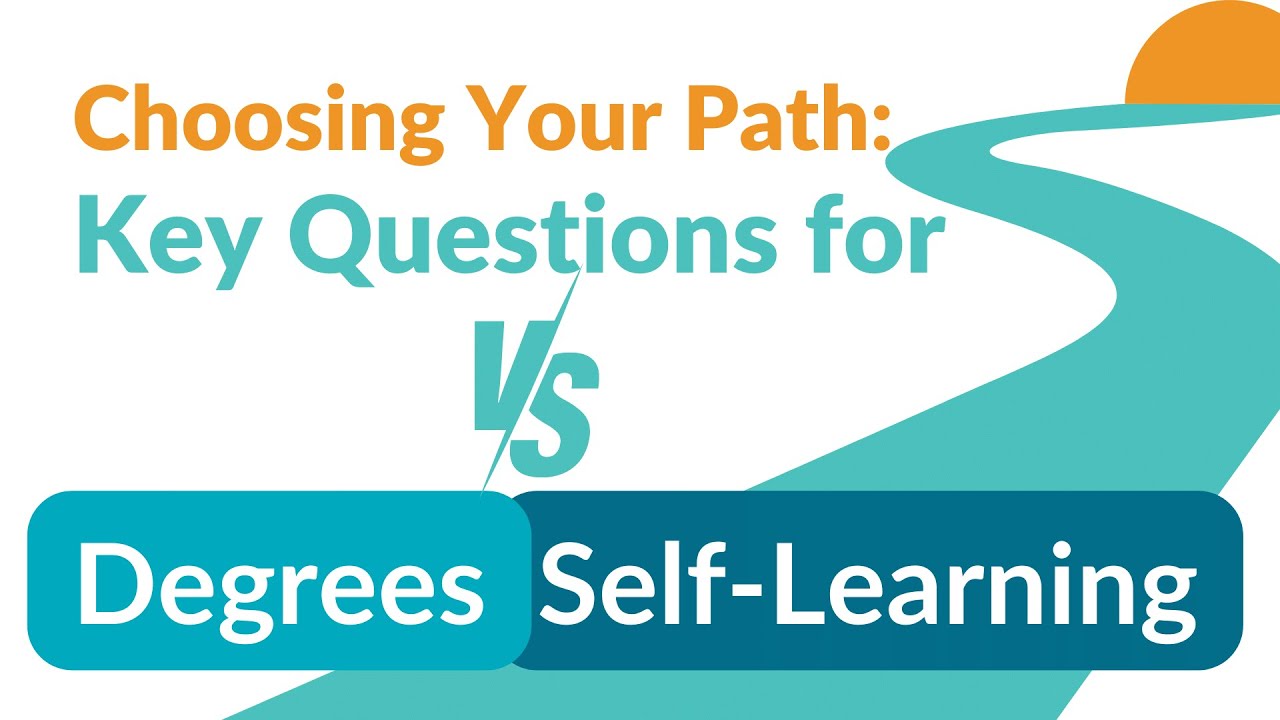
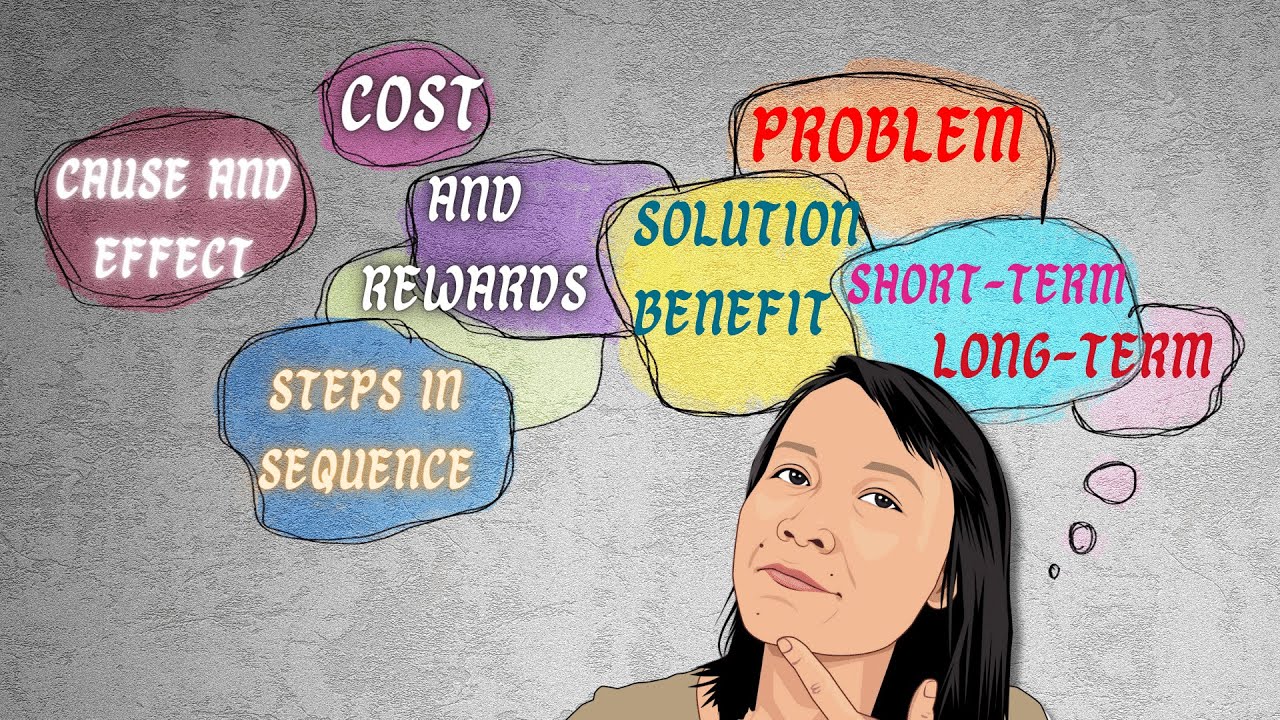
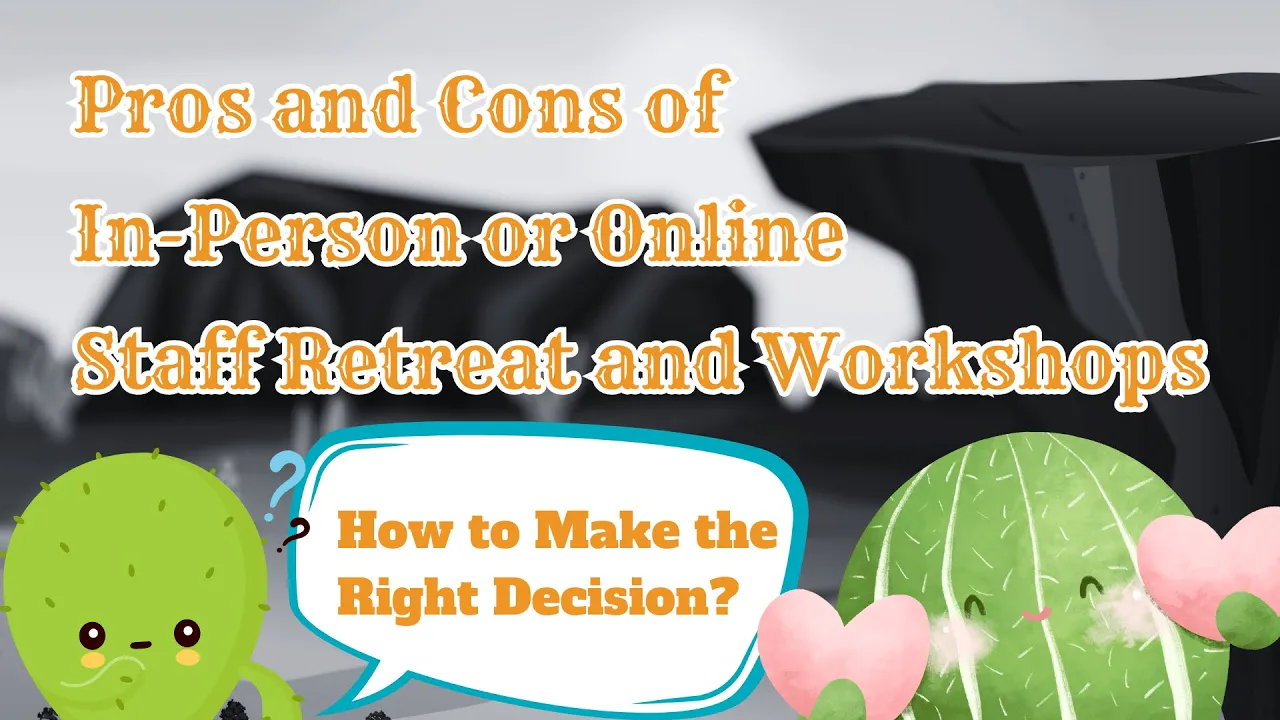
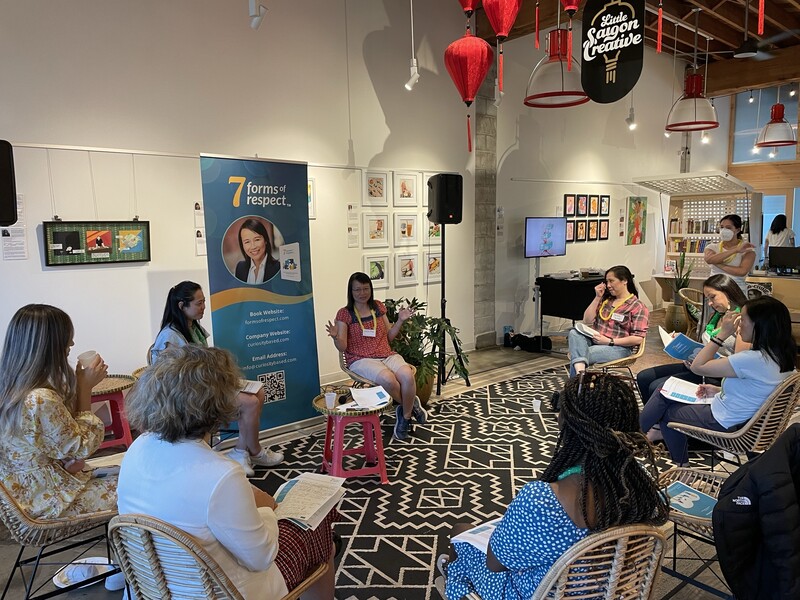


Leave a Reply